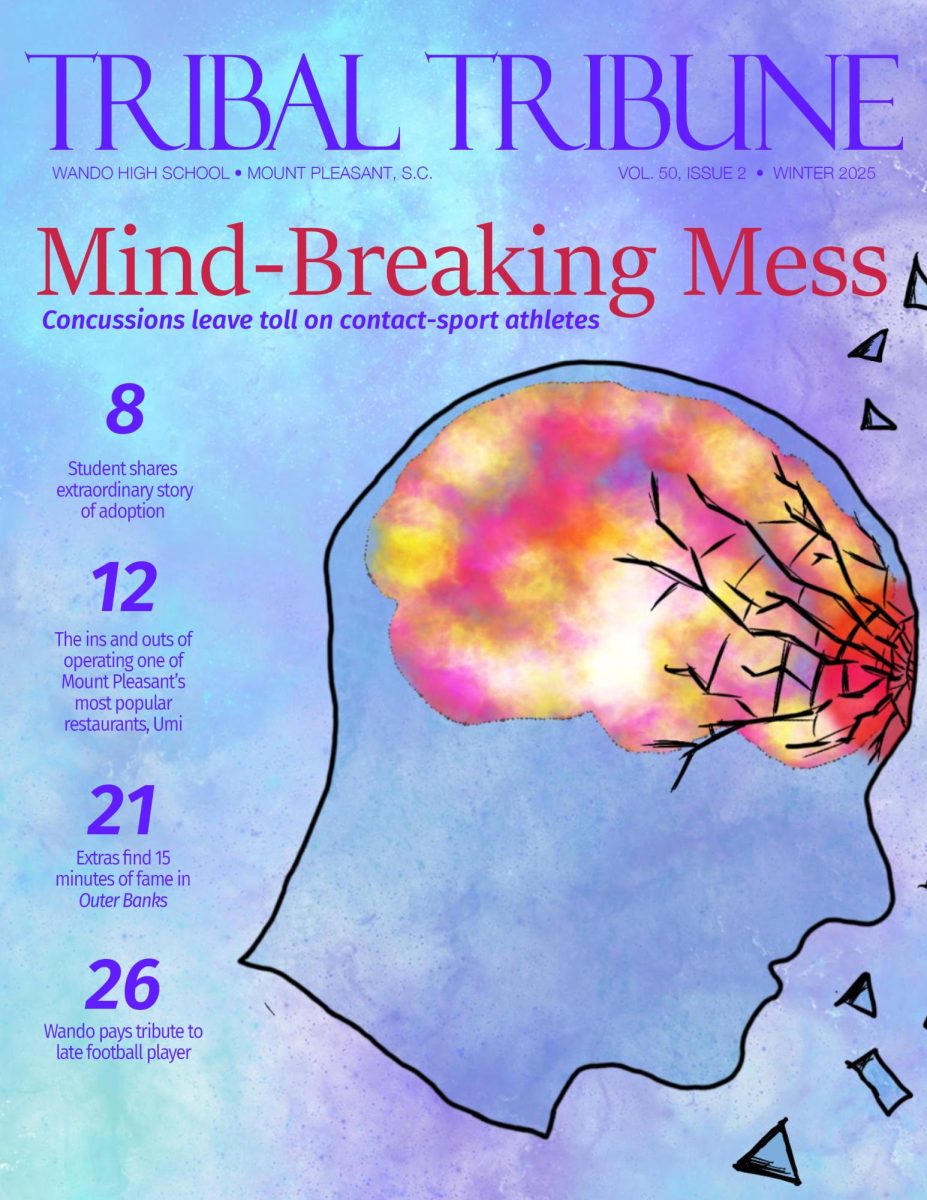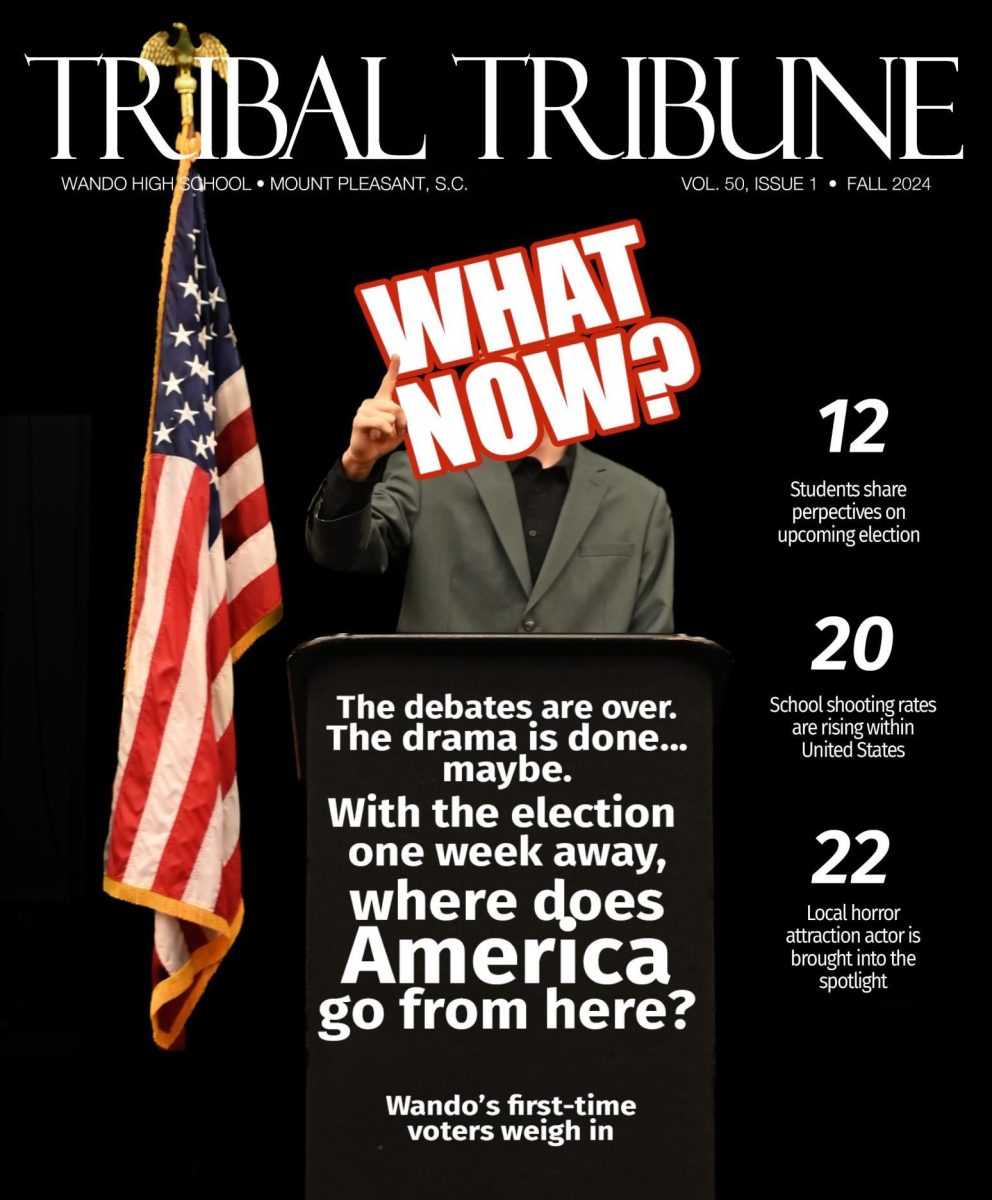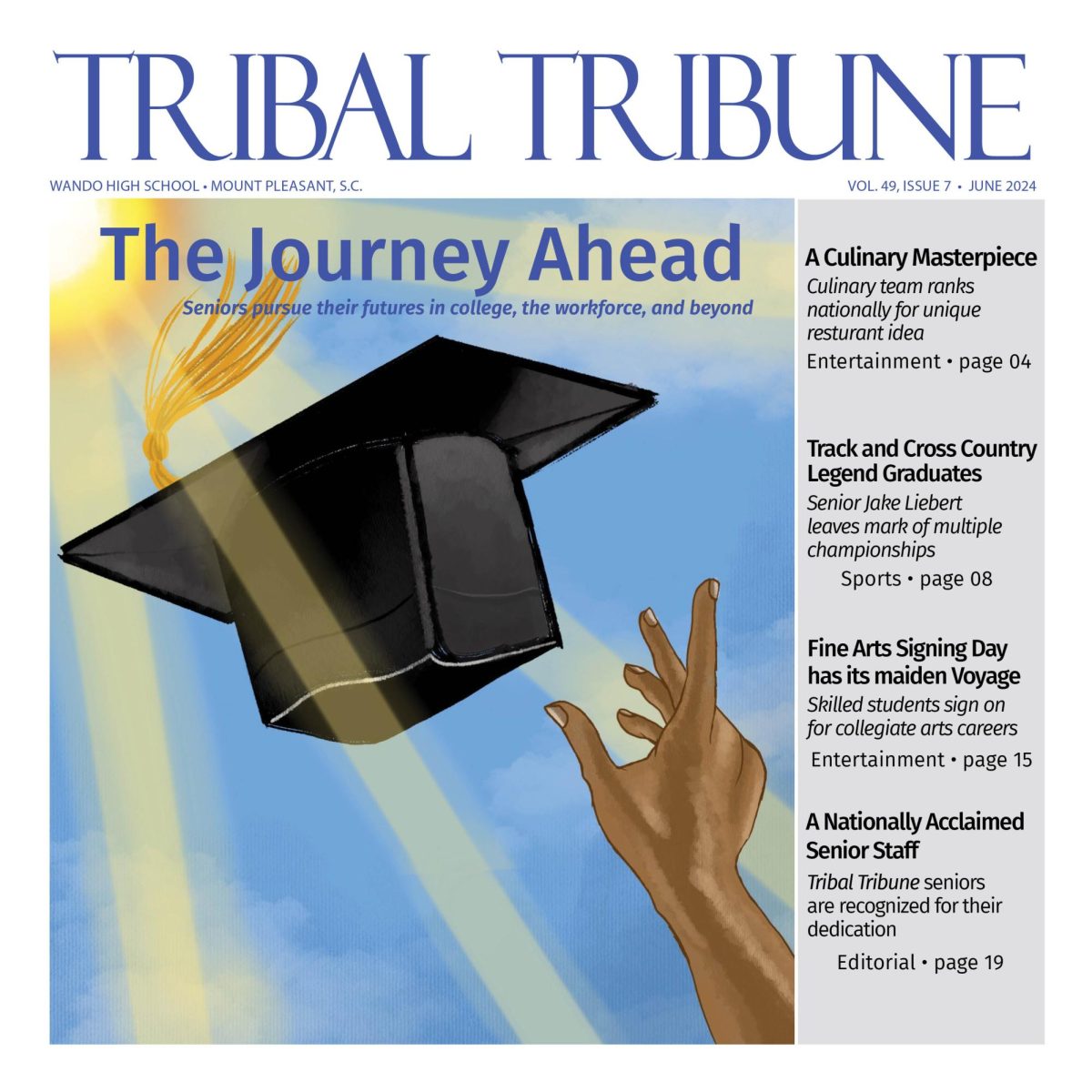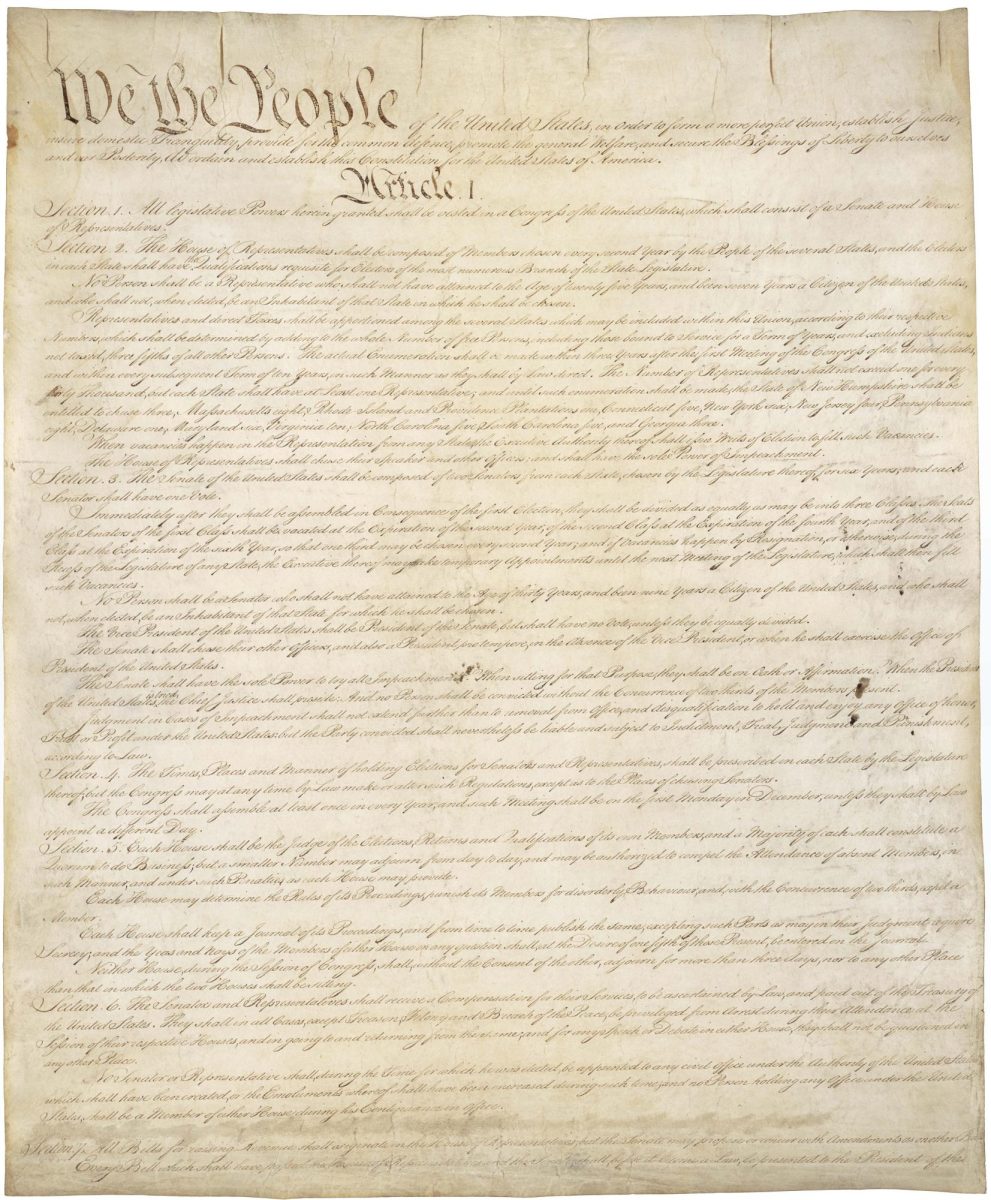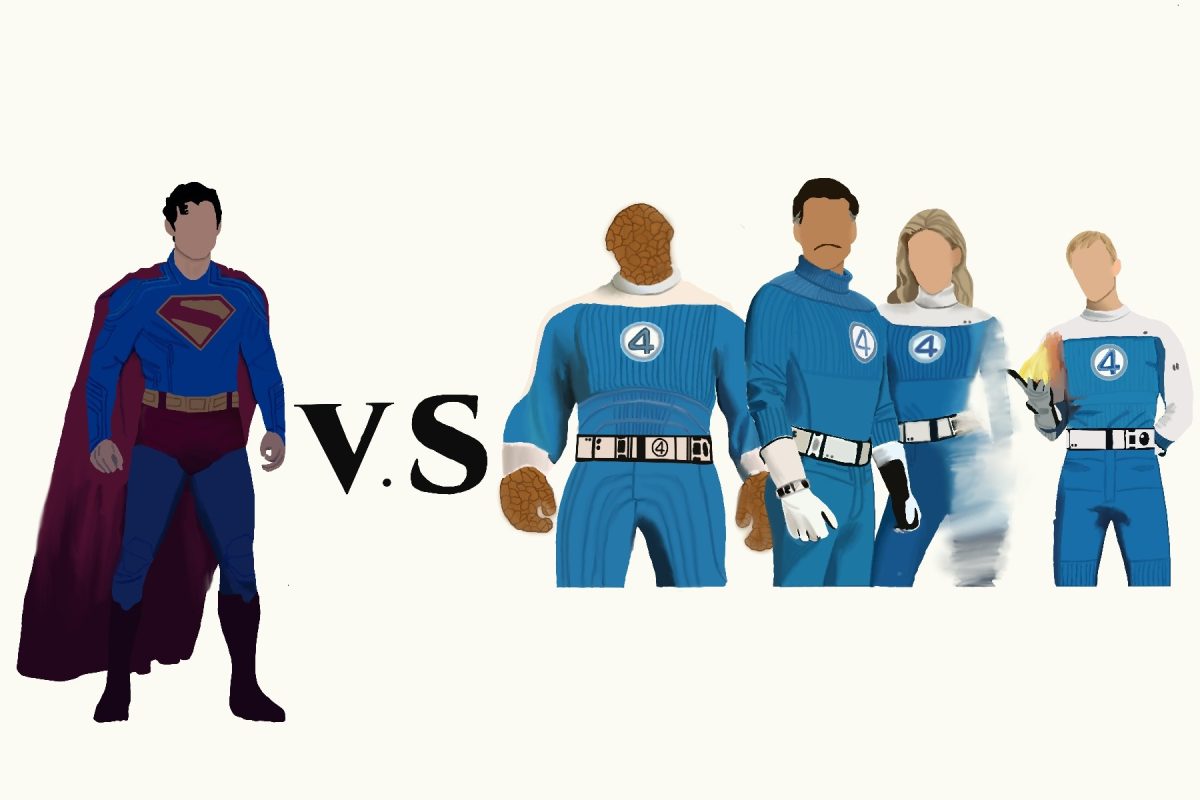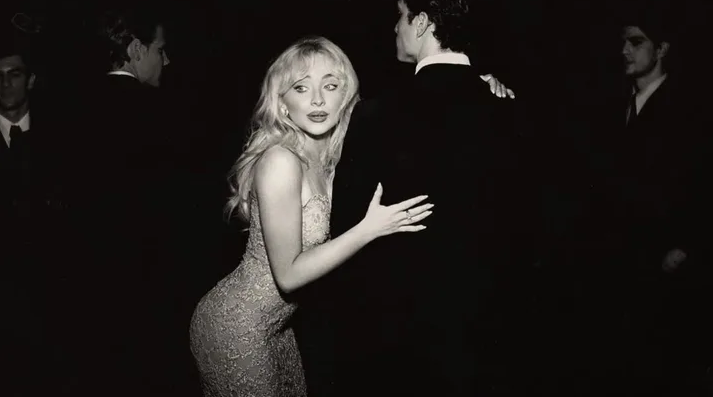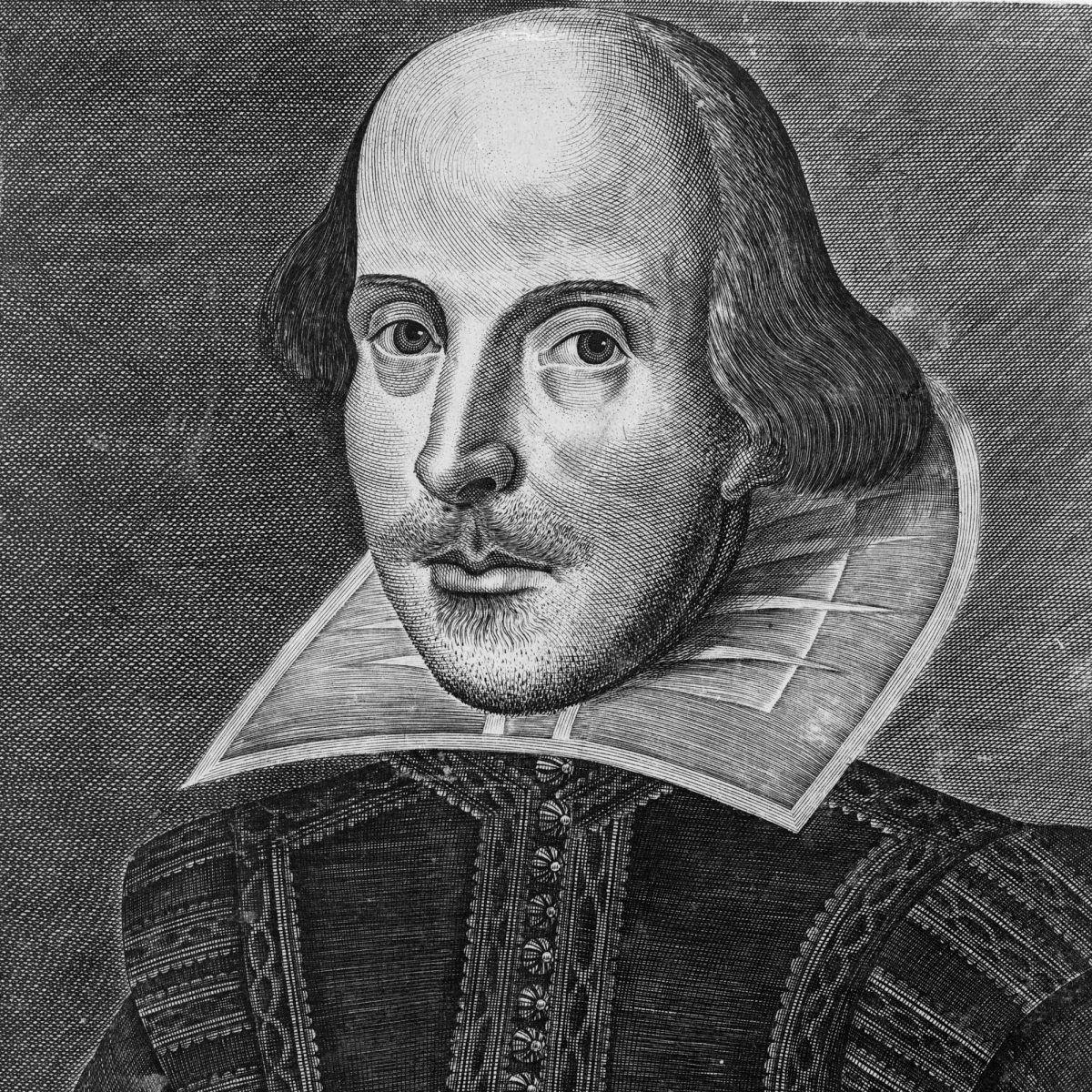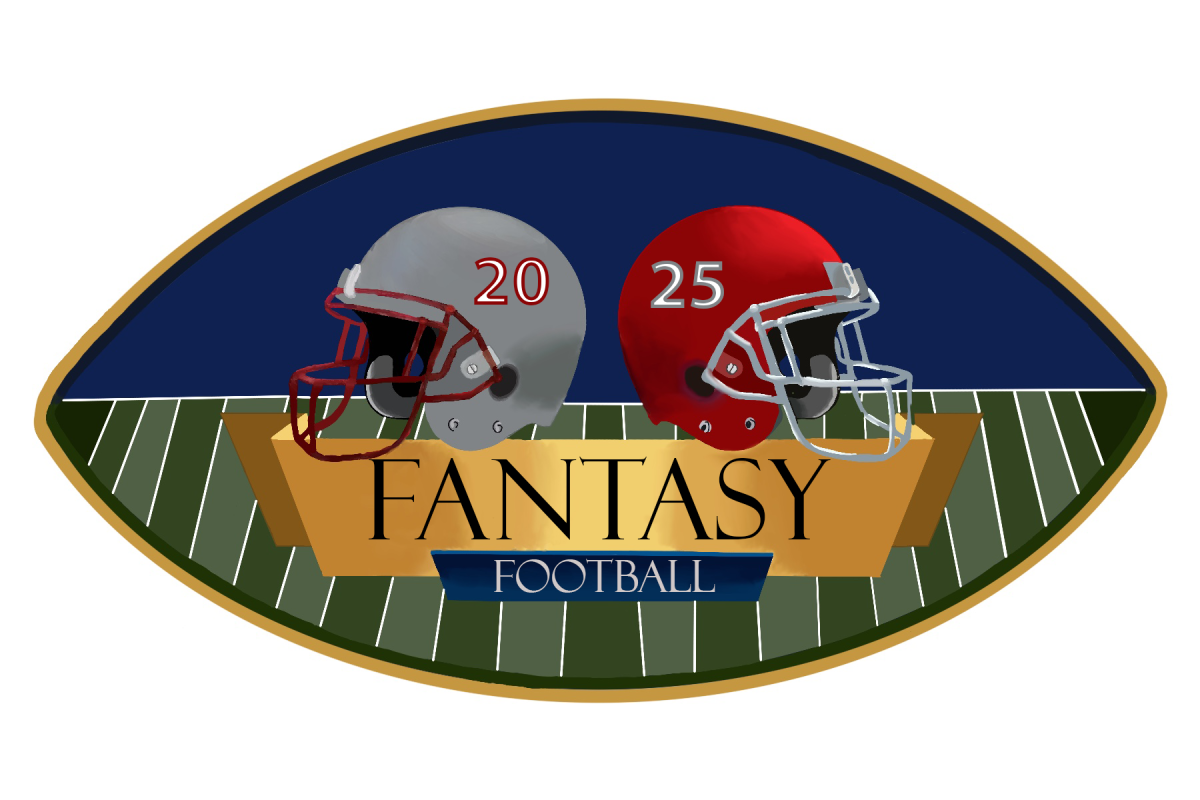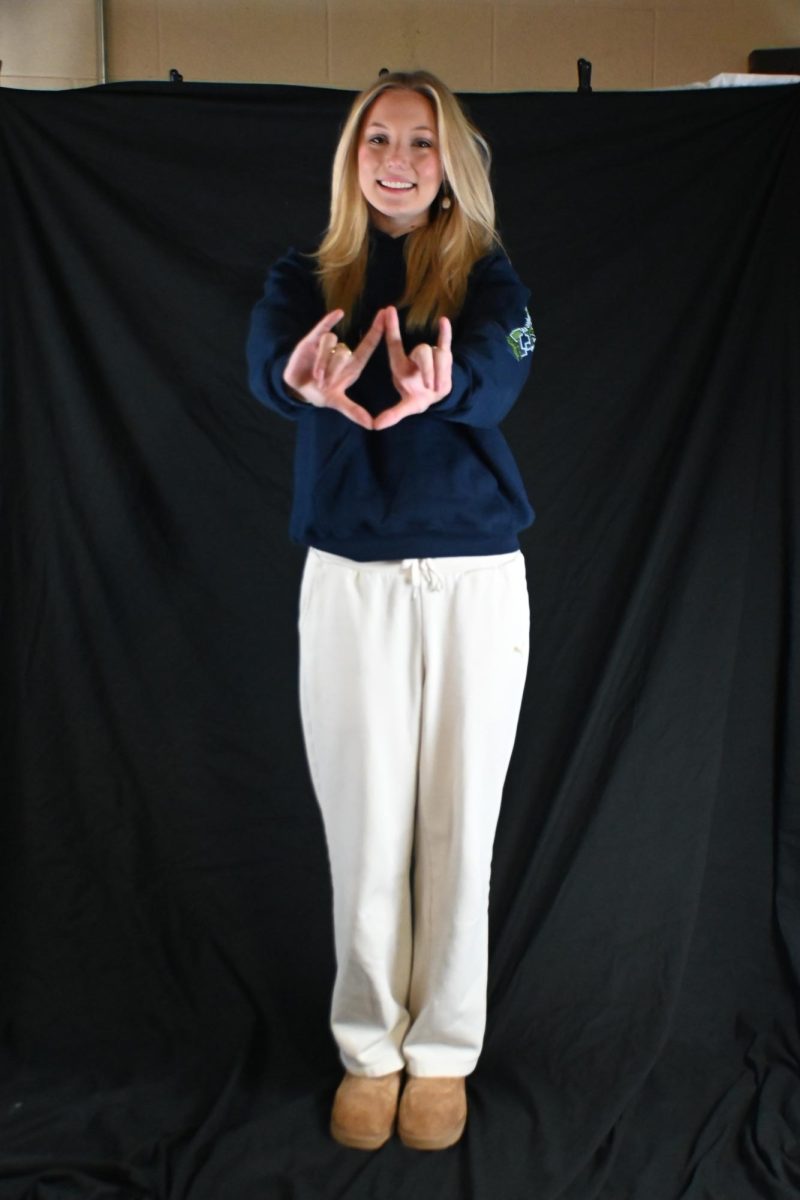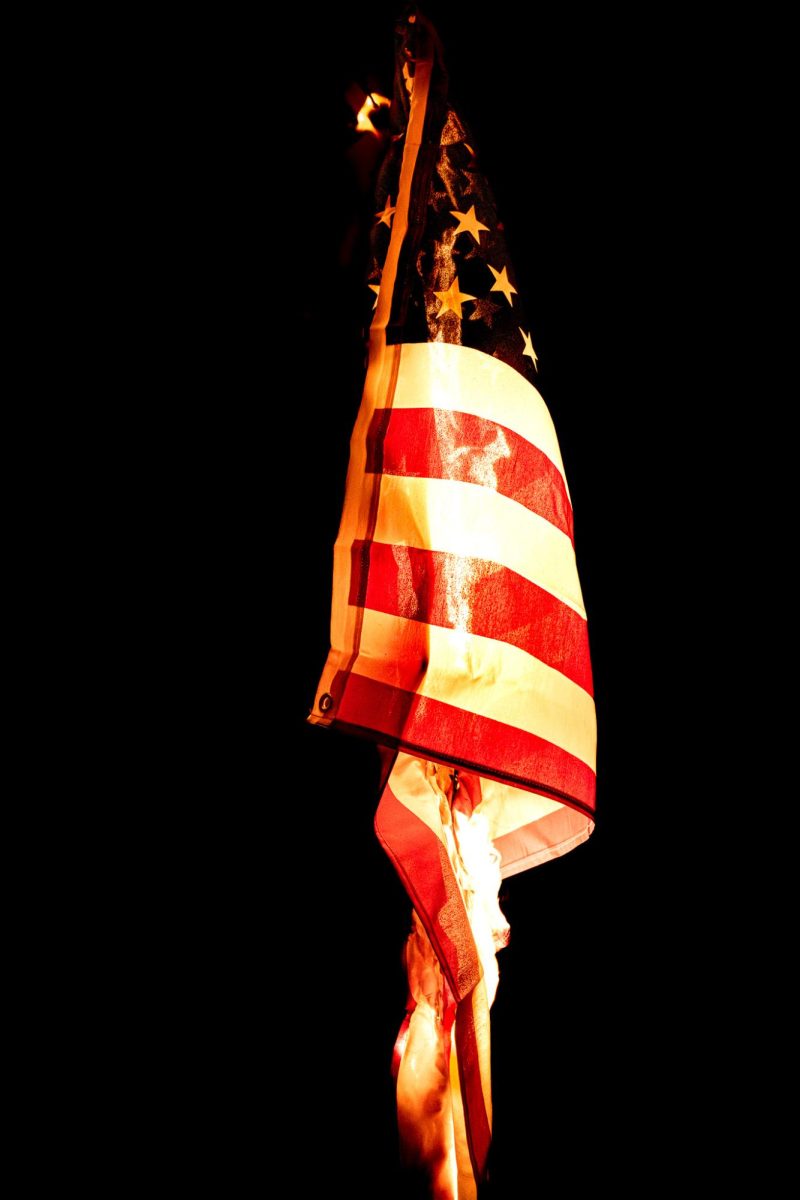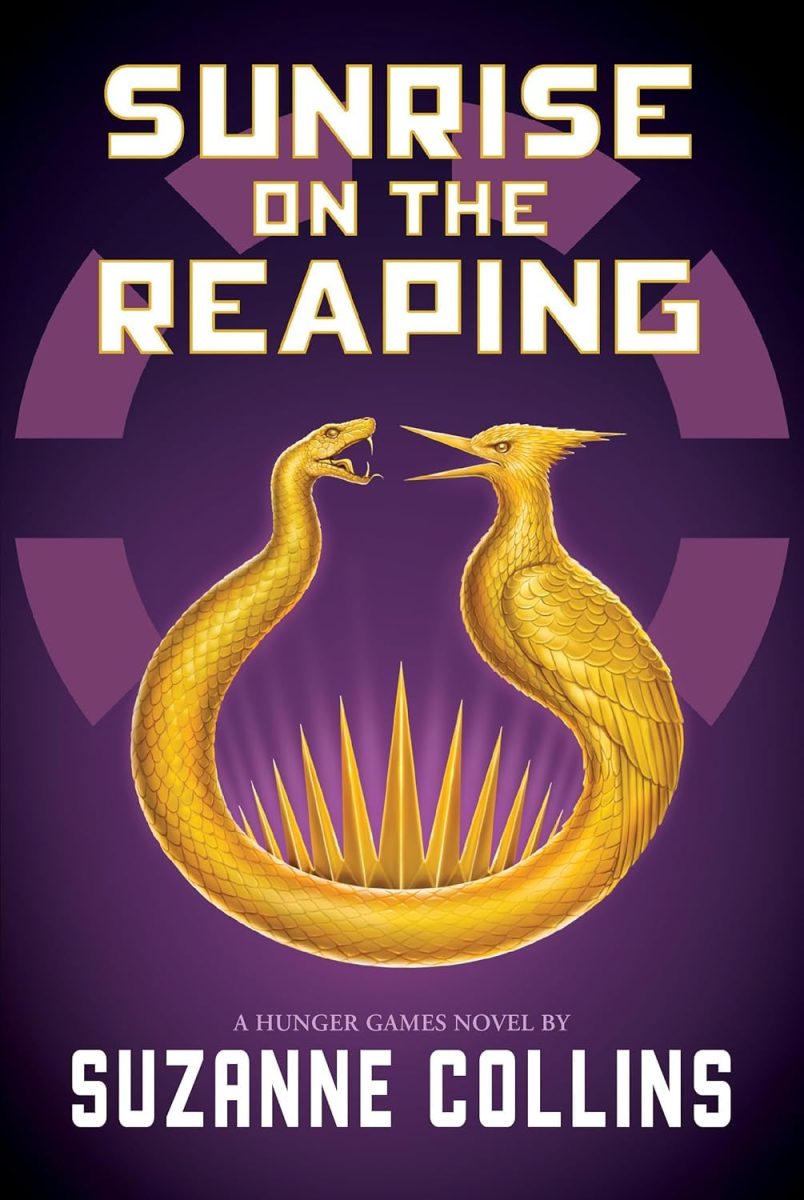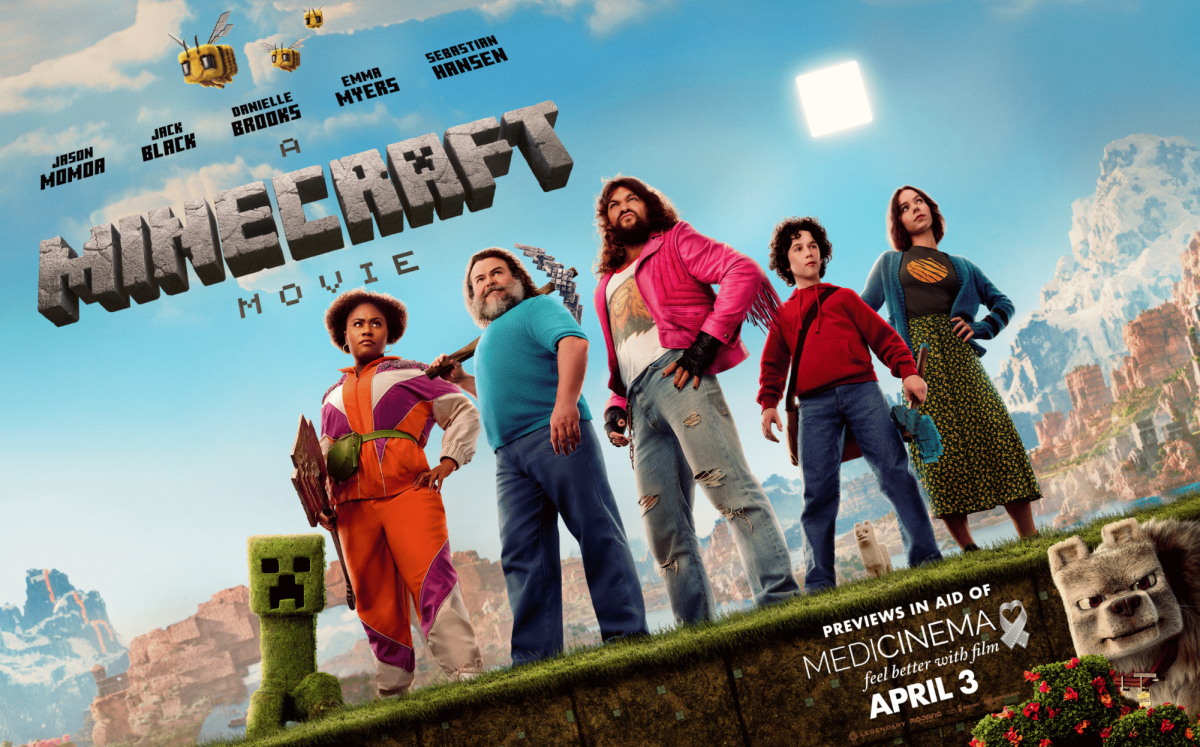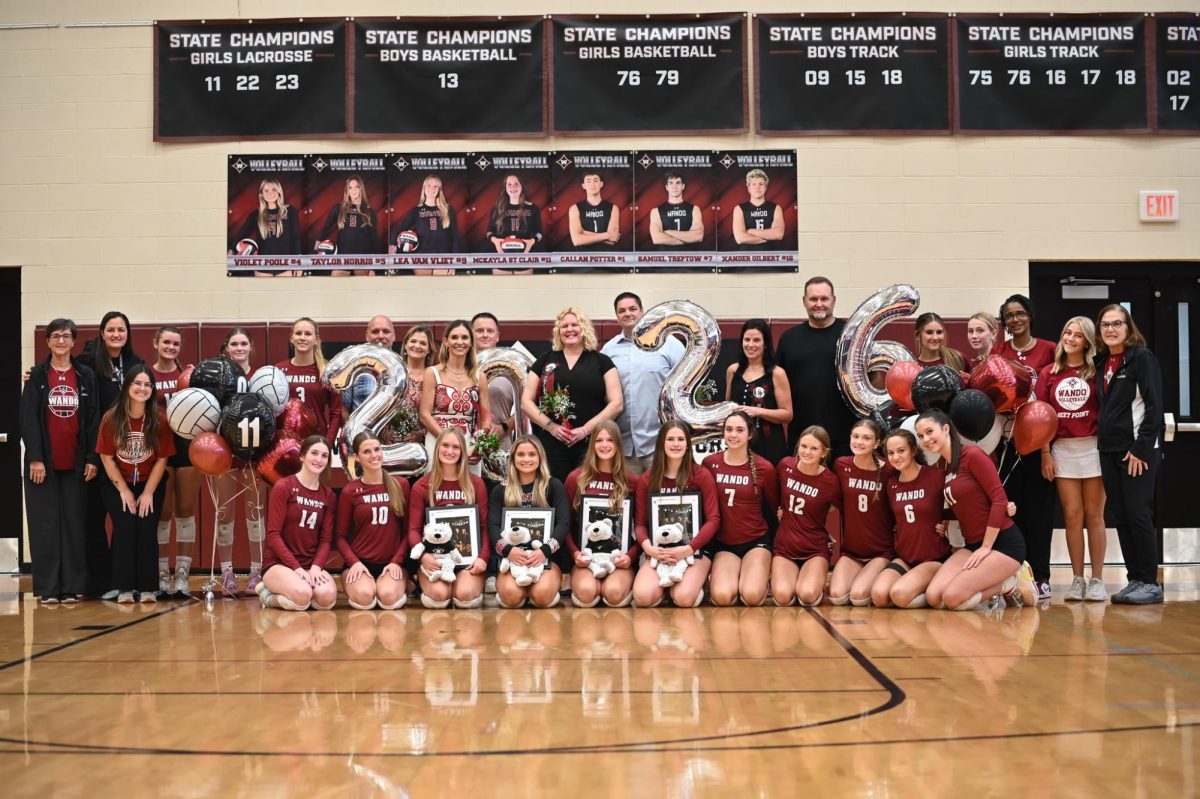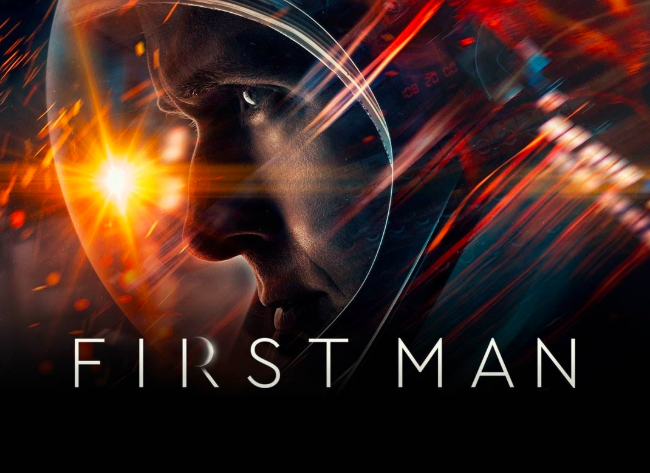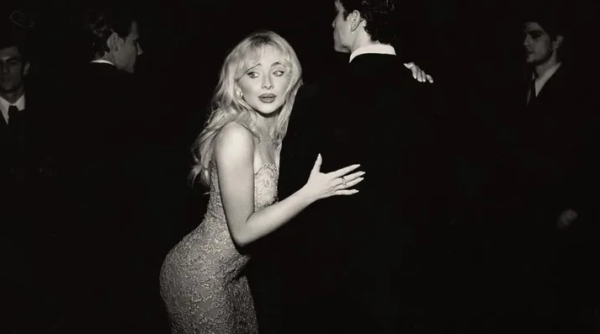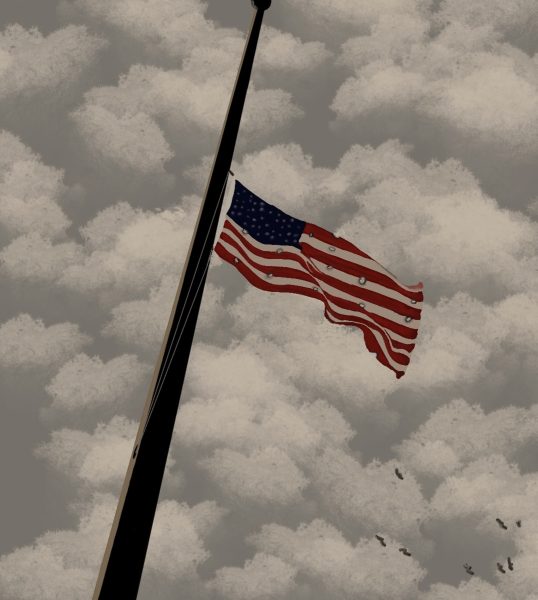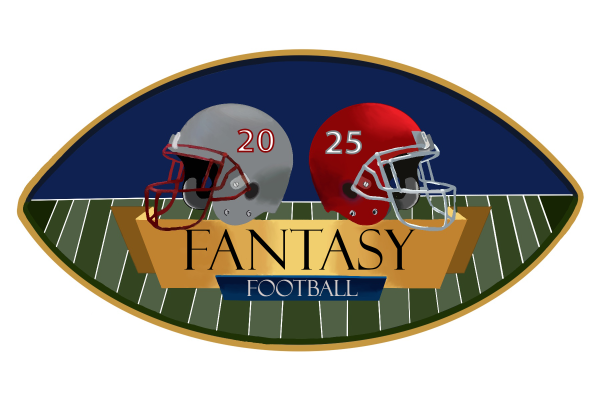‘The First Man’ is beautiful and intense
October 23, 2018
Before I start this review, I need to get one thing out of the way. First Man is not about how the USA came together all patriotic to go to the moon, looking all good and star spangled, and kicking Ruski butt while doing so. It is not about how mankind achieved something remarkable by coming together, transcending barriers and what not to do so, especially because the only major thing that came from transcending barriers at that time was the possible nuke.
First Man, directed by Damien Chazelle, is a biopic, following Neil Armstrong (Ryan Gosling) as he suffers, losses and fights through the events that brought him to the moon on Apollo 11.
The movie is almost always zeroed in on Armstrong. Very rarely does the film ever take time to look at the bigger picture of the 60’s. The movie doesn’t focus on these details because to tell Armstrong’s story, they don’t matter. The movie is all about Armstrong and how he was affected by and how he went through the events of those fateful years before going to the moon.
The film itself is shot beautifully and intensely. Shots are up close and literally personal most of the time, letting the actors truly act more through their faces and actions then through dialogue. This constant sense of closeness brings intimacy with the characters and allows the audience to feel what they feel and become attached to them.
The senses and feelings are all crucial in this film. Chazelle does an amazing job of making the frame feel alive and real, and like you’re really there.
When Armstrong is taking off for the first time, the camera stays inside the claustrophobic pod on the top of the rocket almost the entire time. As the rocket takes off, the camera shakes, zooming to different parts of the interior, showing how different parts of the pod and rocket are each creating different sounds, all resulting in a mosh pit of noise as the rocket ascends. In doing so, the movie brings the audience into the seats of the astronauts. As your senses begin to overload with the screaming of strained steel desperately trying to break through the sky, and warning lights going off, one feels as the astronauts do. Fear. All the chaos and noise of a rocket launch, it’s almost too much, it’s frightening. These sequences, where the astronauts are taking off or in flight, are the best parts of the movie.
Many people claimed Gosling played Armstrong cold and distant, which isn’t entirely false. As the movie goes on, it’s clear that the mission clearly has a direct impact on Neil’s life. He’s obsessed with this mission, it takes up so much of his time and has practically become his life. Ryan Gosling plays the character very well in a unique and beautiful way however.
The movie combines dialogue and body language to convey emotion and give more humanity to its characters. There’s a reason these shots are so close up. It’s to show more emotion by focusing on the faces of the actors.
The actors all do a great job of this, with some scenes being completely silent while the camera zooms on a character’s face, and you can easily tell how they are all feeling through simply reading their faces. This is what makes Neil so good in this movie. Even though he isn’t outwardly showing these emotions, this type of acting through body language and reading the face is what really let’s audiences inside the head and feelings of not just Armstrong, but the rest of the characters as well.
One interesting point the movie had was its tone. The movie portrays NASA’s endeavours in a very harsh, negative, but almost realistic light. It shows the failures and deaths, going out of its way to show failure after failure.
That said, the idea of price always comes up. Is the price worth the gain? The movie answers this question at the end, of course, from President John F. Kennedy, as the movie played a clip of his famous ‘We choose to go to the moon’ speech as Armstrong and Aldrin sit in a NASA quarantine room after returning from the moon.
“But why, some say, the moon? Why choose this as our goal? And they may ask, why climb the highest mountain? Why, 35 years ago, fly across the Atlantic? Why does Rice play Texas? We choose to go to the moon! We choose to go to the moon in this decade and do the other things, not because they are easy, but because they are hard… because that challenge is one that we are willing to accept.”
Reviewing films come with a sense of subjectivity, and here comes my opinion on this film. This is the answer to the cost question. We went to the moon because we wanted to, it calls to our human spirit to advance and adventure, we never stopped at one achievement. We wanted to go to the moon, and that was final.
Also, if I could give one last point of opinion, First Man is possibly the best movie of 2018.
Go watch this movie. Open up a new tab right now, and buy some tickets. Go follow Neil Armstrong to the moon, as he goes from tragedy and failure, to taking one small step for man, and one giant leap for mankind.



